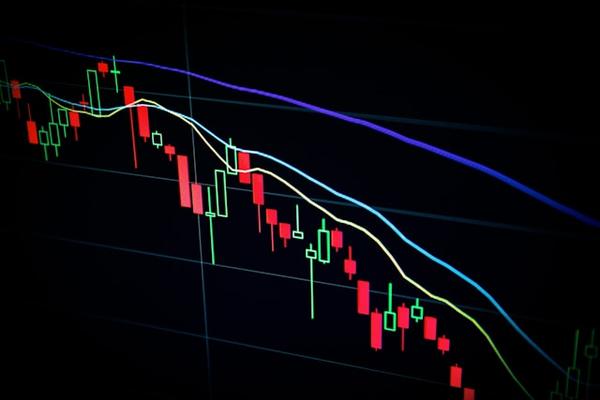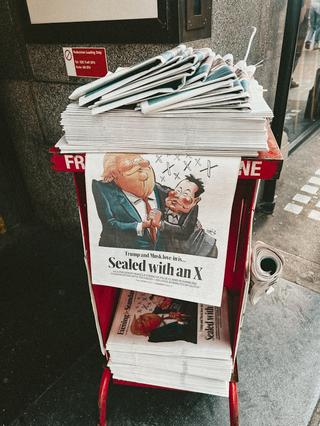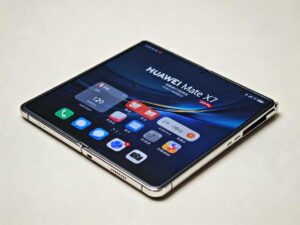Table of Contents
Introduction
Tesla, the world’s most prominent electric vehicle manufacturer, has long occupied a unique place in the global automotive industry. Praised as a pioneer in sustainable transport and energy, it is also one of the most scrutinised companies of its generation.
Behind its trillion-dollar valuation and household recognition, Tesla faces a growing series of controversies: falling market share, questions over the safety of its self-driving software, labour disputes, environmental criticisms, and the broader impact of Elon Musk’s legal battles with technology rivals.
This report examines the key controversies shaping Tesla’s future and explores why the company remains at the centre of global debate.

Tesla’s Market Share Under Pressure
Tesla’s dominance in the electric vehicle (EV) market is no longer assured. In 2023, the company accounted for around 14% of global EV sales. By 2024, that share had fallen to 12%.
In the United States — Tesla’s most important market — the company’s share slipped below 50% for the first time. At the same time, Chinese competitor BYD surged ahead, delivering more than 4.27 million EVs, nearly twice Tesla’s 1.79 million units
.
Analysts point out that this decline reflects a maturing industry. For years, Tesla operated with little competition. Today, every major carmaker — from General Motors to Volkswagen — has prioritised electrification, while newer entrants from China and Europe have moved aggressively to capture market share.

Autopilot and Safety Concerns
Perhaps no controversy has attracted more attention than Tesla’s Autopilot and Full Self-Driving (FSD) systems.
The company markets these features as advanced driver-assistance technologies, but regulators and safety advocates argue that Tesla’s branding risks misleading consumers into believing the cars are fully autonomous.
Several high-profile accidents involving Tesla vehicles have prompted investigations in the United States, Europe and Asia. The US National Highway Traffic Safety Administration has opened inquiries into the role of Autopilot in crashes, while some lawmakers have accused Tesla of overstating the readiness of its technology.
Musk has repeatedly defended Tesla’s systems, describing them as safer than human drivers and essential to the company’s long-term goal of launching robotaxi services. Critics counter that the technology remains unproven at scale and that the promises of “full autonomy” have consistently been delayed.
Financial Volatility and Investor Perceptions
Tesla’s valuation, which exceeded $1.1 trillion in 2024
, makes it one of the most valuable companies in history. Yet the stock remains highly volatile, with sharp movements often linked to Musk’s public statements or quarterly delivery figures.
Supporters argue that Tesla is not merely a car company but a technology platform spanning software, energy storage, and artificial intelligence. Critics, however, claim its valuation is inflated compared to traditional automakers producing far larger volumes of vehicles.
The debate underscores Tesla’s dual identity: simultaneously an automaker and a technology brand, uniquely tied to Musk’s personal reputation.
Musk’s Legal Battles and Their Impact on Tesla
Tesla’s controversies are increasingly shaped by Elon Musk’s wider disputes in the technology sector.
In August 2025, Musk’s companies X and xAI filed lawsuits against Apple and OpenAI, accusing them of engaging in an “anticompetitive scheme” to monopolise the AI market
. The suits allege that Apple’s exclusive partnership with OpenAI — which integrates ChatGPT into iPhones, iPads and Macs — unfairly disadvantages Musk’s AI products, including his Grok chatbot.
Although the lawsuits do not directly involve Tesla, they influence public perception of Musk and, by extension, Tesla. Critics argue the actions are part of a broader strategy to slow down competitors rather than win in court. Supporters see them as evidence of Musk’s willingness to challenge the world’s most powerful companies.
For Tesla, the concern is reputational. Investors and consumers often conflate Musk’s activities across his portfolio — from SpaceX to xAI — with Tesla itself. As a result, legal disputes risk overshadowing Tesla’s progress in the automotive sector.

Labour Practices and Workplace Culture
Tesla has faced repeated criticism over working conditions at its factories. Labour groups have accused the company of discouraging unionisation, and safety regulators have investigated workplace injuries.
The company denies allegations of anti-union activity and argues that its fast-paced culture is essential to maintaining innovation. However, controversies over pay, hours, and safety standards continue to generate negative headlines.
This issue highlights the tension between Silicon Valley’s technology ethos and the realities of large-scale manufacturing. Unlike software firms, Tesla operates factories employing tens of thousands of workers, where labour disputes are more visible and politically sensitive.
Environmental Paradoxes
Tesla is widely celebrated as a champion of sustainable transport. Yet some critics argue that the environmental costs of producing electric vehicles — particularly the mining of lithium, cobalt, and nickel for batteries — complicate its green narrative.
Environmental groups warn that without stricter oversight of supply chains, the growth of EVs could create new ecological and human rights challenges. Tesla has pledged to source materials responsibly and to invest in battery recycling, but scrutiny remains intense.
Global Reactions and Regulatory Pressures
Governments worldwide are tightening rules on vehicle safety, emissions, and AI deployment. In Europe, stricter safety standards could delay or reshape Tesla’s rollout of autonomous features. In China, growing domestic competition challenges Tesla’s ability to maintain margins.
Meanwhile, in the United States, debates over subsidies, tariffs, and trade policies continue to affect Tesla’s competitive position. As national policies increasingly intersect with Musk’s global ambitions, Tesla finds itself at the centre of wider geopolitical and economic debates.

Conclusion: Tesla at a Crossroads
Tesla’s controversies reflect its significance. From market share battles to AI lawsuits, from labour disputes to environmental questions, few companies attract as much global attention.
For supporters, controversy is the price of progress. Tesla has accelerated the transition to electric vehicles and remains a powerful symbol of technological ambition. For critics, the company embodies the risks of overpromising, under-delivering, and concentrating power in the hands of one individual.
What is clear is that Tesla’s future will be shaped not only by the performance of its cars but also by how it navigates regulation, competition, and the scrutiny that comes with being one of the world’s most influential companies.







